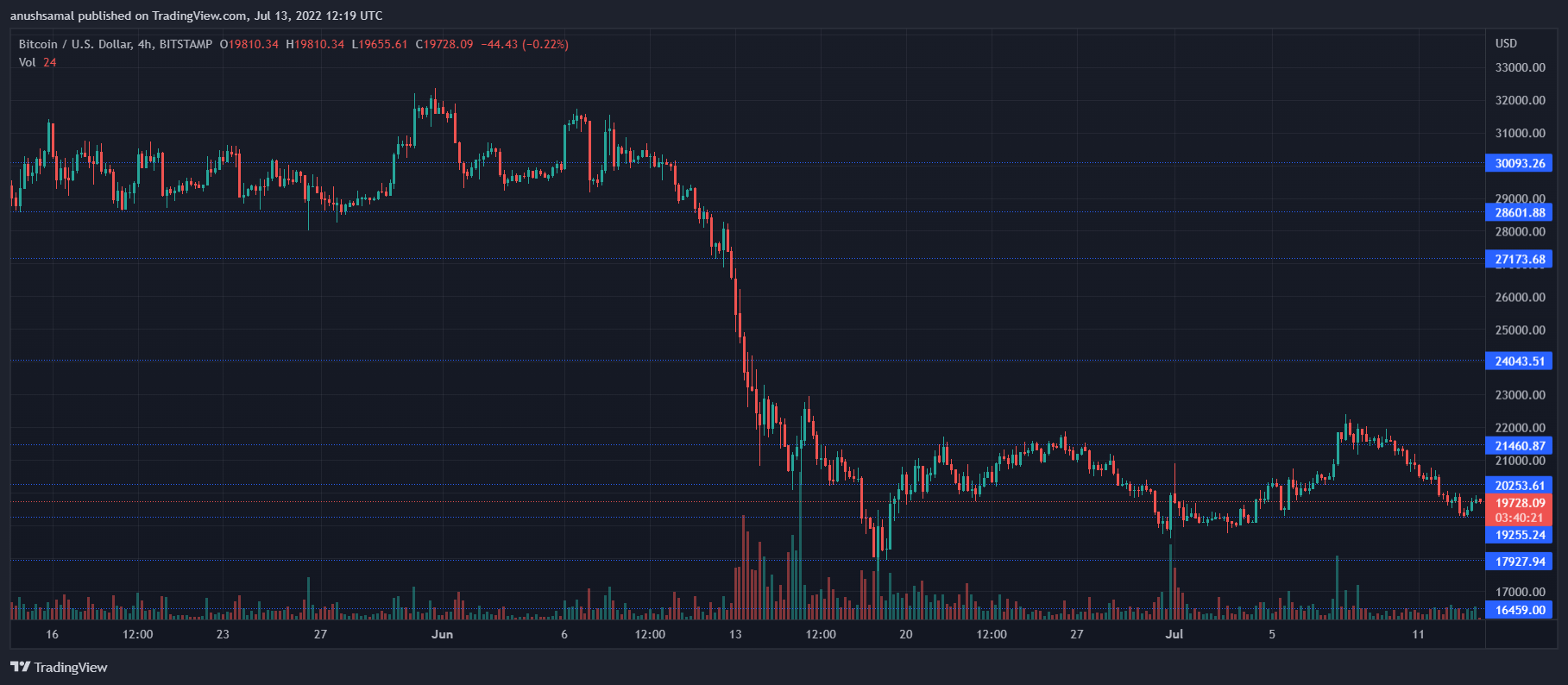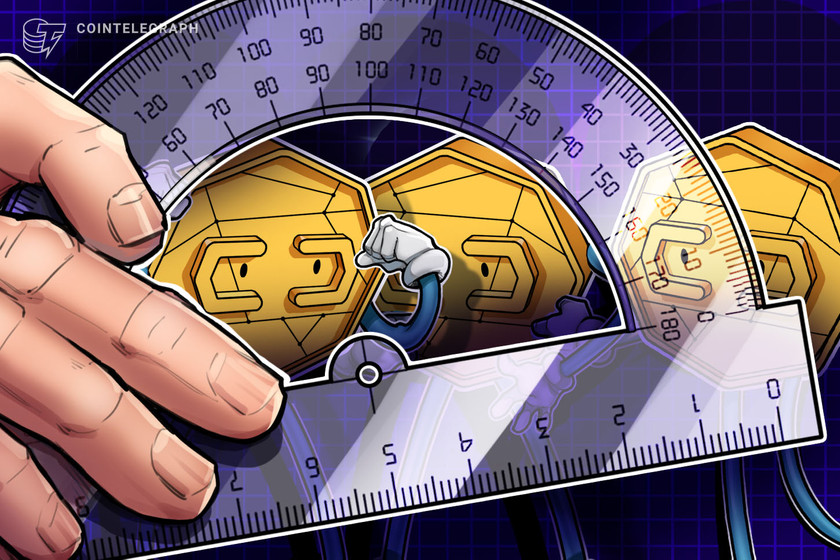Sri Lanka has issued a notice regarding the stance of cryptocurrency warning citizens against it. Amidst an economic turmoil and a political chaos, the Central Bank of Sri Lanka (CBSL) mentioned that crypto remains “largely unregulated”.
This notice was recently issued in the wake of “recent developments in relation to virtual currency usage”.
Sri Lanka’s Central Bank does not consider crypto as legal tender as it has not given any license or other authorisation to any crypto entity for them to operate in the country.
In essence, CBSL restated its 2018 and 2021’s warnings citing that it has not authorised initial coin offerings (ICO) or operating “schemes” concerned with crypto assets.
Mining operations are also not allowed inside the nation.
Digital currencies according to CBSL are “unregulated financial instruments and have no regulatory oversight or safeguards relating to their usage”.
Sri Lankans Banned From Transacting With Crypto Exchanges
Crypto exchanges and mining operations remain banned in the country. Additionally, CBSL also mentioned,
As per the Directions No. 03 of 2021 under Foreign Exchange Act, No. 12 of 2017 issued by the Department of Foreign Exchange of CBSL, Electronic Fund Transfer Cards (EFTCs) such as debit cards and credit cards are not permitted to be used for payments related to virtual currency transactions.
This means Sri Lankans are not permitted to use debit or credit cards to transact with crypto companies and exchanges. The main concern of CBSL remains the fact that crypto happens to fall under the category of “unregulated financial instruments”.
Adding to that there is no oversight or regulatory framework which would protect the interests of users in the country. The notice asks users to eschew from the exposure of digital assets as that might call for legal trouble.
Related Reading | The FED Measures Inflation In Bitcoin Terms, Tries To Fool The General Public
News Comes At A Time When Sri Lanka Recorded An All Time High Inflation
The warning that has been issued comes during a time when the sovereign-debt crisis has impaired the economy. Sri Lanka slipped into a default in May 2022 and continues to lurch in order to get hold of essential imports from other countries.
Inflation in Sri Lanka is at a record high of 54.6% with household budgets nearly exhausted. The Central Bank has also hiked interest rates remarkably to 15.5% which has now lead to a drastic fall in savings as debt repayments have shot up.
Not just this, the state has also imposed limitations on purchasing fuel which has dragged the population of 21.9 million into a crisis not seen in the past 70 years. Along with such a crisis, the nation is also experiencing food and medicine shortages.
Sri Lanka is encountering a political crisis with hundreds of civilians protesting and marching into Sri Lankan President Gotabaya Rajapaksa’s residence in Colombo, further seizing food supplies and taking possession of the President’s residence.
Suggested Reading | Bitcoin Will Reach ATH In Next 24 Months, Coinshares CSO Predicts

Featured image from Vecteezy.com, chart from TradingView.com









